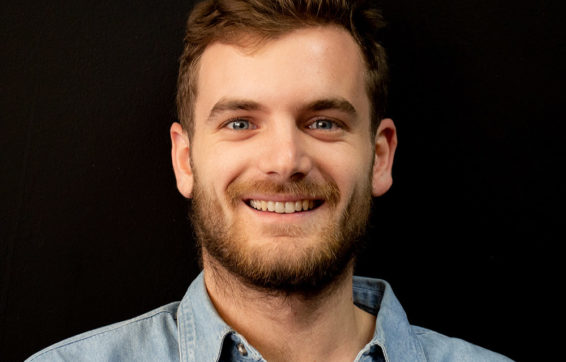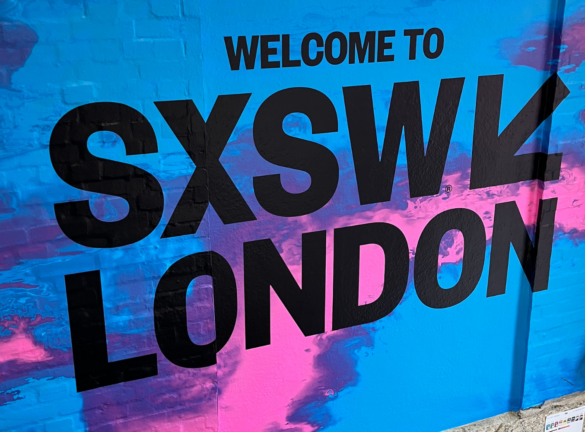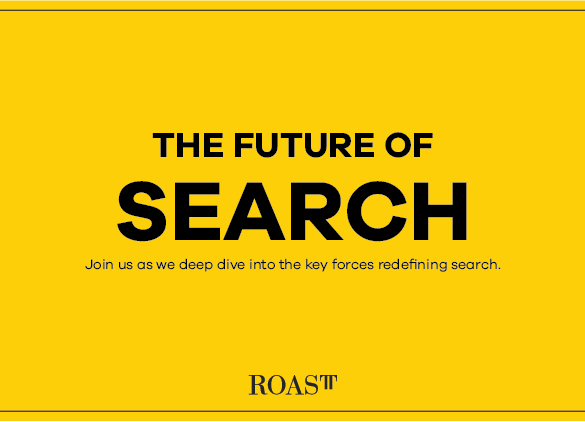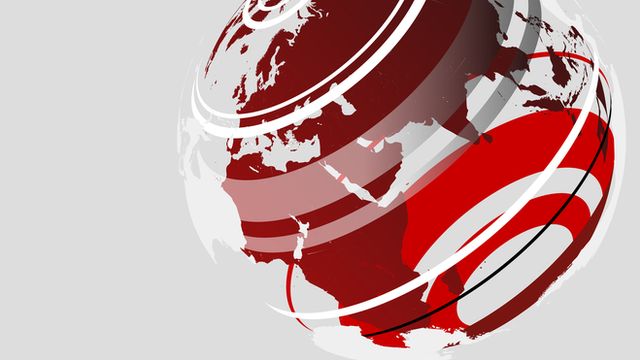
BBC Global News – IAB Digital Upfronts
The IAB Digital Upfronts are a series of presentations by major media owners designed to give brands and agencies a taste of what’s to come in the next year. We headed across to New Broadcasting House to check our what the BBC has in-store for us in 2020, as well as catching an interview with documentary legend Louis Theroux.
“The BBC is Open for Business”
The above statement comes across a bit strange for us Brits who think of the BBC as a being funded by license fees. In fact, the BBC has a global reach of over 400 million people per week, and much of the Global side of the business is funded by advertising – so they are constantly working with brands and agencies to find new and exciting ways to reach consumers through BBC ecosystems.
The session, hosted by Lucy Hockings (Journalist and BBC World News Presenter) went on to cover Products, Research and Innovation.
The BBC finds its Voice
Andy Webb, Head of Product for Voice and AI, spoke about his role in trying to imagine what the BBC will look like in the future.
He spoke about how we are used to interacting with content through screens (or window-based interaction), but the way that people are accessing and experiencing content is changing. We are now moving away from flat surfaces into an era of ambient computing, complete with everything from smarthomes to smartwatches. In this new IoT paradise, our interaction with the digital world is likely to be facilitated by voice.
The BBC’s plan to create their own voice assistant called ‘Beeb’, has been public knowledge since August,but Andy’s team have also been working on a companion piece of tech – a synthetic speech-generation product called Songbird.
The BBC produce 3,000 articles a day worldwide and Songbird has been given the mission of bringing them to life in speech. AI and Machine Learning also allow it to translate content, making it scalable across the globe.
Beeb and Songbird will work together to answer questions, pulling answers from the BBC vast store of content. For example, if you wanted to know “what is the G7?” Beeb will source a sentence from a BBC article and Songbird will turn the text into speech and read it out for you.
Beeb and Songbird are both set to come to market in 2020, bringing with them global commercial opportunities.
Getting Real with Louis Theroux
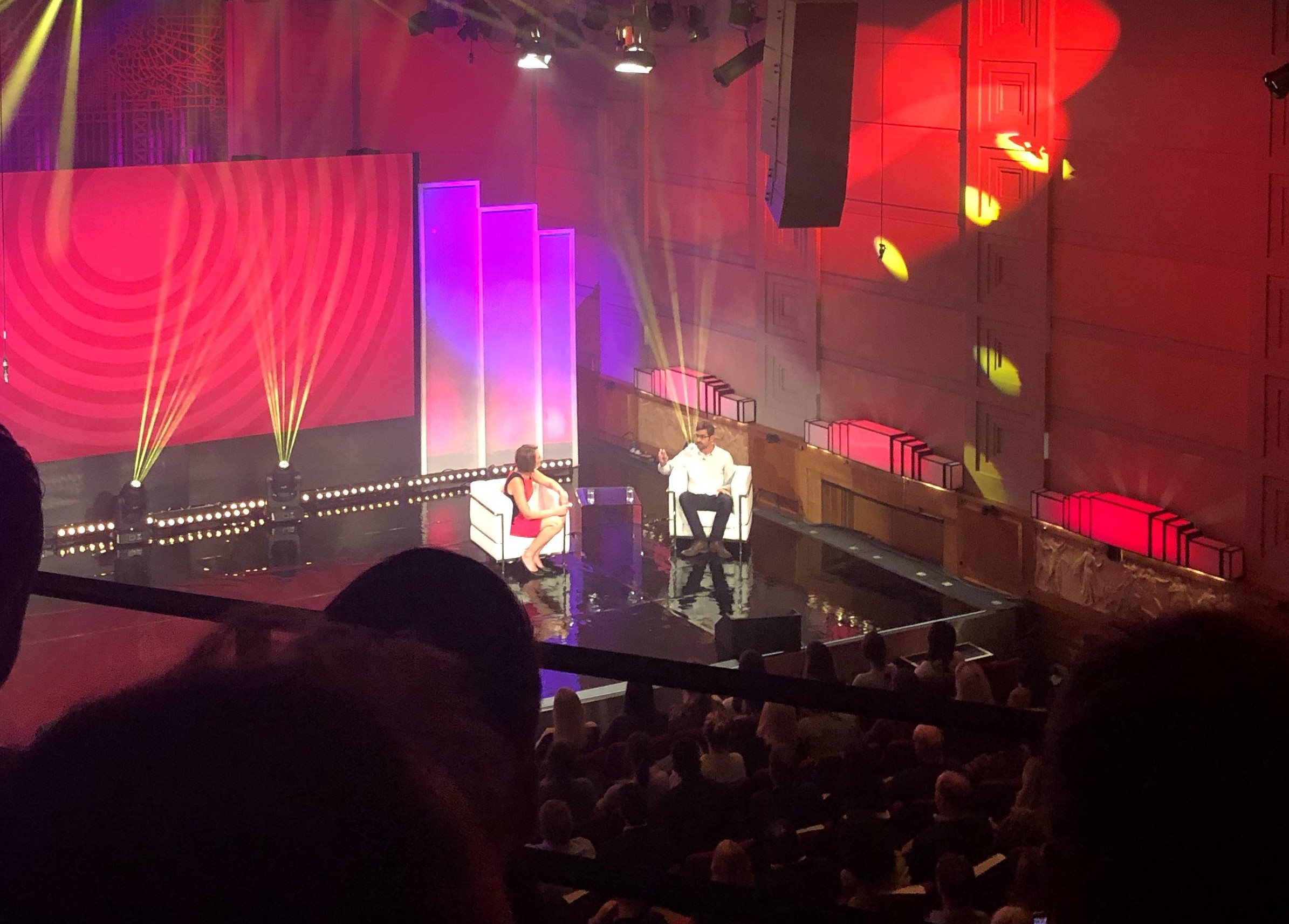
The theme of the entire upfront was ‘The Power of an Authentic Voice’, so what better guest to have on than interview-master Theroux.
He spoke about how early in his career, when he was directed by Michael Moore, he was told to always be expanding the frame of enquiry, and how he believes his success has come not so much from any skill, but simply from being able to give an authentic appearance – as a goofy, awkward, but genuine person rather than a professional ‘interviewer’. Louis views himself as an ‘audience surrogate’ and he always tries to bring universal emotions (Fear, Awe, Love, Grief) into his programmes.
He believes that intimacy is pivotal in a good documentary, but he has found in the past that this made it hard to let go of his subjects – he constantly felt obliges to stay in contact.
Theroux spoke of his transformation from the naive (or faux-naive) young interviewer getting naked and dancing in Weird Weekends to the more hard-hitting, thick skinned figure he was forced to become in later works on Scientology and the Westboro Baptists.
During his interview he was at times funny, at times philosophical, but always entertaining as he leapt from topic to topic, explaining his guilt at not being able to spot the reality of Jimmy Saville by quoting a text by Nietzsche, before finishing poignantly by arguing for impartiality – saying that moral certainty is both the enemy of truth and the enemy of entertainment. In an era where biased media is often to blame for fanning fire of extremism, this message really resonates. If you want the truth, you must leave your preconceptions at the door.
Engaging the Next Generation
Amanda Ruggeri is the editor of Future Planet and Future You, two new BBC projects aimed respectively at tackling Climate Change and promoting Wellness. Grounded in research, these platforms aim to engage the next generation with a new type of solutions-based journalism aimed to drive social change. Future Planet aims to be the first-carbon neutral platform, cutting back on air miles by hiring local journalists, which also allows them to empower authentic Global voices.
Future You is a smart-wellness platform launching in early 2020, based in audience research and geared towards young women. It aims to inspire people to live better lives by tapping into three pillars of wellness: mind, body and social.
Both platforms will be well-suited to branded content – a key commercial area for the BBC.
Bringing the Brand-Safety back to Programmatic
Emily Roberts (Programmatic Trading Manager) explained how the BBC’s core values of accuracy, impartiality and fairness are reflected in their attitude to programmatic.
A recent survey of brands showed that concerns around brand-safety have risen sharply over the past year, so a rigorous approach to programmatic is essential to ensure that the right content is being seen by human viewers in a brand-safe environment.
The BBC have now also started working with Acast to allow brands and agencies to but programmatic inventory on podcast .
Using Neuroscience to Measure Audio Effectiveness
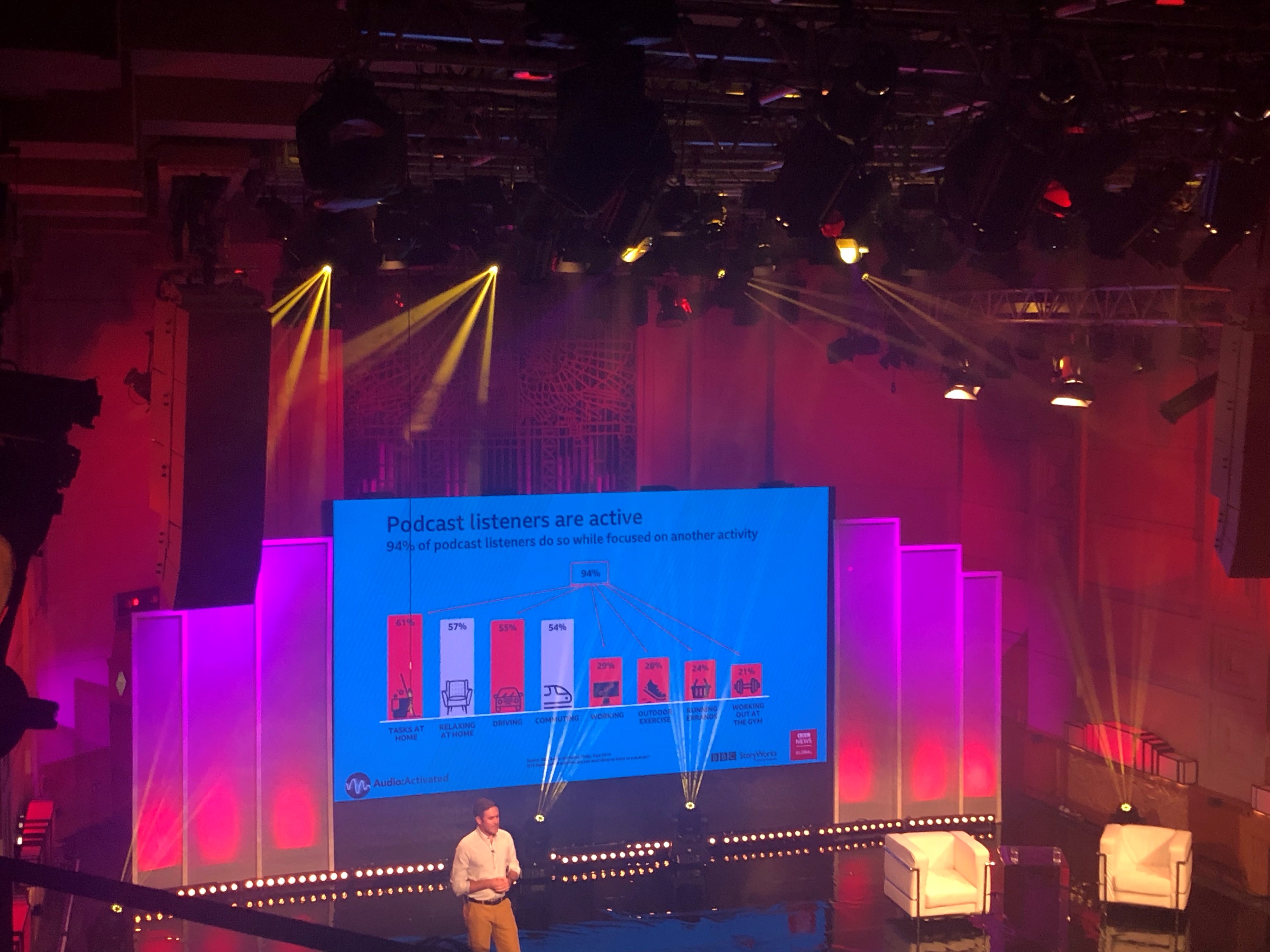
Dr Hamish McPharlin, the BBC’s Head of Insight, presented an impressive piece of research on Audio which made the case for the power of branded podcasts. Branded podcasts clearly offer a great way for brands to become a part of the consumer day, but how can we accurately measure their effectiveness?
The new study, called Audio Activated, raises the point that the majority of the time when people are listening to podcasts they are doing another activity at the same time. Whether they’re cooking, running or cleaning, their body is likely to be otherwise engaged. However, this new research shows that their active bodies do not cause the content of the podcast to go straight over their heads.
In fact, the opposite is true.
The research, done in partnership with teams of neuroscientists, has shown that an active body lowers cognitive barriers to brand persuasion and there is a higher degree of memory encoding when being active whilst listening. In short, active audiences engage better with branded audio content than more focused listeners.
For brands seeking to create effective podcast content it is crucial to speak the language of the tribe of consumers in order to weave brand content into the conversation and create a seamless experience.


